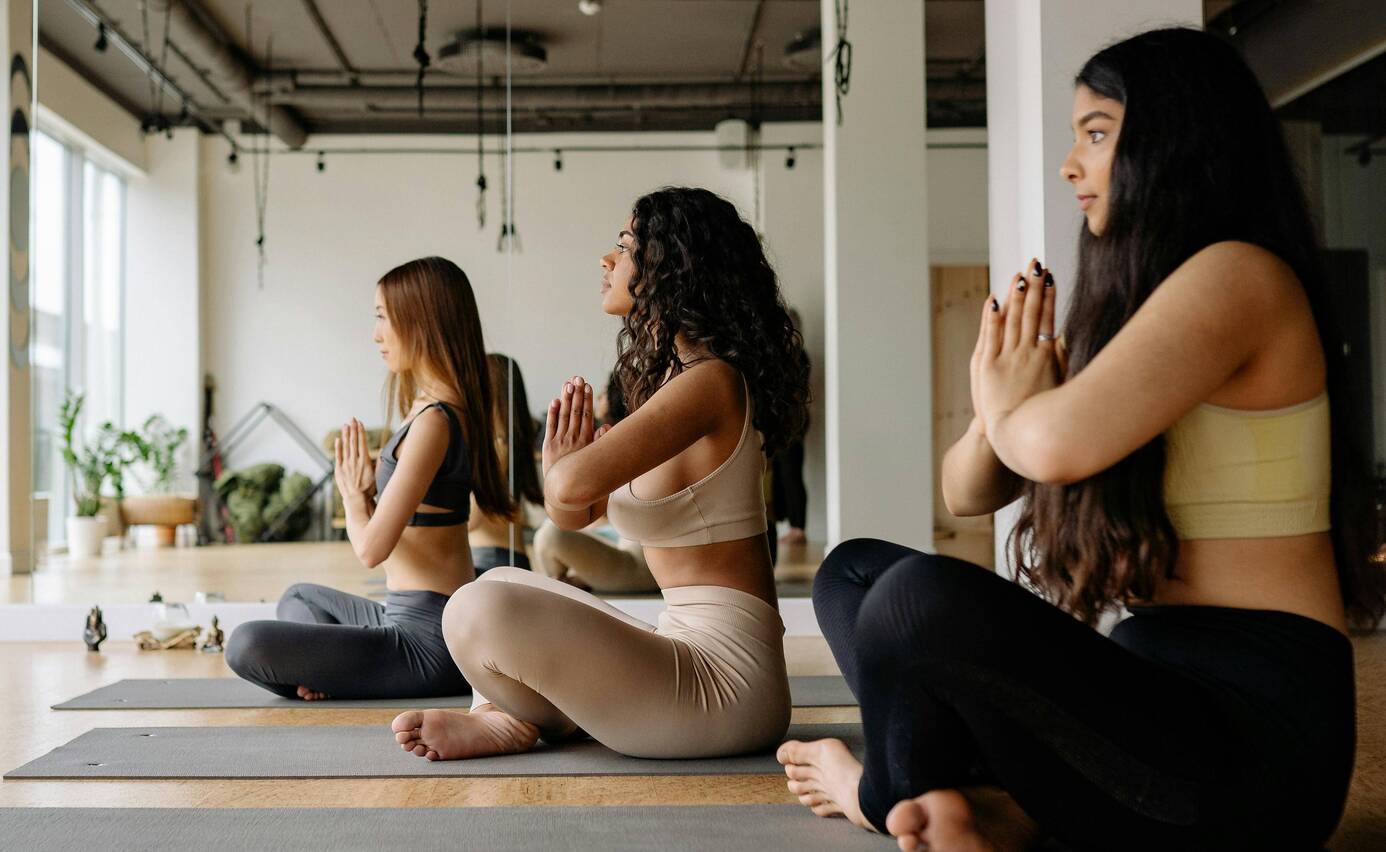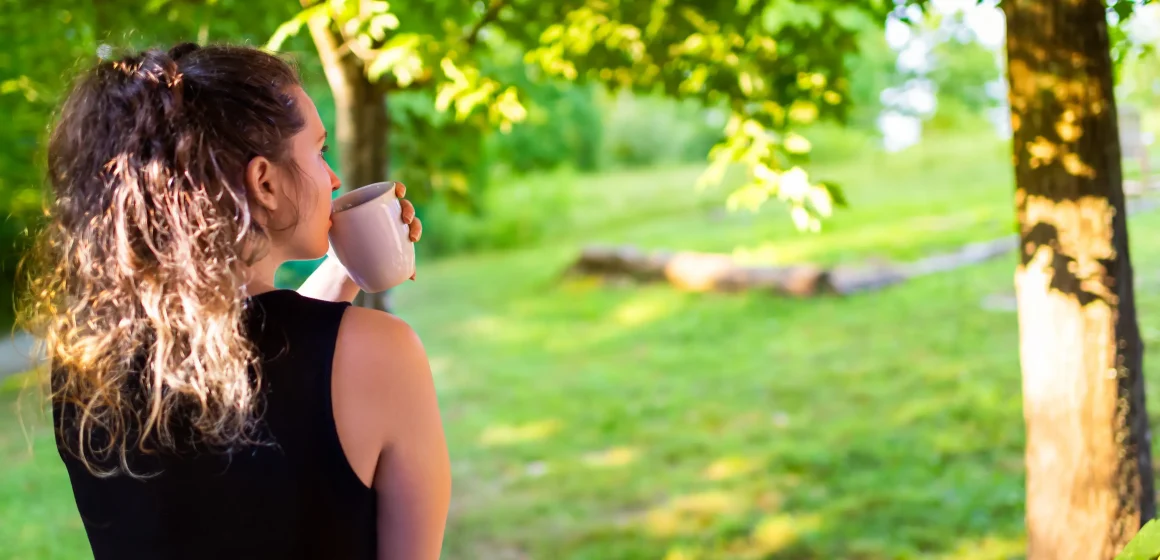In our fast-paced, technology-driven world, recreation has become more than just a leisure activity—it’s a necessity for mental balance, physical health, and emotional well-being. Whether it’s hiking through a forest, playing a weekend sport, gardening, or simply taking a walk in the park, recreation reconnects us to the most essential parts of life: movement, nature, and community. It’s a way to recharge our minds and bodies, reduce stress, and rediscover joy in the simplest moments.
Today, recreation is not just about relaxation; it’s an essential component of a balanced lifestyle. From physical fitness to mental clarity, recreation influences nearly every aspect of human health and happiness. This article explores the modern meaning of recreation, its benefits, and how we can all make it a bigger part of our daily lives.
The True Meaning of Recreation
The word recreation comes from the Latin term recreare, meaning “to create again” or “to restore.” It’s not just about passing time; it’s about renewal. True recreation helps us recharge and return to our personal and professional responsibilities with more focus, creativity, and energy.
In modern society, many people associate recreation solely with vacations or sports, but it can take countless forms—reading, cooking, painting, gardening, yoga, or even digital gaming. The key is that it provides enjoyment, relaxation, and a sense of fulfillment.
Whether done alone or with others, recreational activities stimulate the mind, engage the body, and nurture the soul. They remind us that life is not only about productivity but also about pleasure and purpose.
Physical Benefits of Recreation
Regular recreational activity is one of the most effective ways to maintain physical health. Studies show that engaging in physical recreation—like walking, swimming, cycling, or dancing—reduces the risk of chronic illnesses such as heart disease, diabetes, and obesity.
Recreation helps improve muscle strength, flexibility, and endurance. Outdoor activities, in particular, combine exercise with fresh air and sunlight, boosting vitamin D levels and enhancing overall mood. Even moderate recreation, such as gardening or brisk walking, contributes to better cardiovascular health and lower blood pressure.
Recreation also improves sleep patterns and energy levels. People who include recreational exercise in their weekly routine report higher vitality, fewer illnesses, and faster recovery from fatigue. In essence, recreation acts as a natural medicine for the body—without side effects.

Mental and Emotional Renewal
Beyond physical health, recreation plays a vital role in mental and emotional well-being. Engaging in enjoyable activities releases endorphins, serotonin, and dopamine—the brain’s “feel-good” chemicals that combat stress and anxiety.
When people are stressed or overwhelmed, recreation offers a mental reset. Activities like hiking, drawing, playing music, or even spending time with friends in a relaxed setting can reduce cortisol levels, sharpen focus, and improve mood.
Moreover, recreation encourages mindfulness—the act of being present in the moment. Whether you’re watching waves crash on the shore or focusing on a yoga pose, you’re training your mind to slow down and appreciate life’s simplicity. This mindful engagement improves resilience and emotional stability, making it easier to handle life’s challenges.
The Social Dimension of Recreation
Recreation strengthens social bonds. Many recreational activities—such as team sports, group hikes, community volunteering, or dance classes—create opportunities to connect with others. These shared experiences build friendships, improve communication skills, and foster a sense of belonging.
In a world where digital interactions often replace face-to-face communication, recreation offers authentic human connection. Playing basketball with friends, joining a book club, or attending a local art class all bring people together through shared interests.
Social recreation also promotes empathy and cooperation. Learning to play as a team, for instance, teaches patience, understanding, and collective problem-solving—skills that extend beyond the playing field into everyday life and work environments.
Recreation and Creativity
Another often overlooked benefit of recreation is its ability to spark creativity. When we step away from our daily routines and immerse ourselves in enjoyable activities, we give our brains the space to think freely.
Creative recreation—like painting, writing, photography, or crafting—stimulates the imagination and allows for self-expression. Many innovators and thinkers have credited their best ideas to moments of leisure or play. Albert Einstein once said, “Play is the highest form of research.”
Engaging in creative recreation also improves problem-solving skills, as it encourages flexible thinking and curiosity. Whether it’s designing a garden layout, composing a song, or trying a new recipe, recreation keeps our minds active and inspired.
Outdoor Recreation: Reconnecting with Nature
Outdoor recreation holds a special place in human health and happiness. Spending time in nature not only provides exercise but also reduces stress and enhances mood. The Japanese practice of shinrin-yoku or “forest bathing” involves immersing oneself in nature to promote relaxation and mental clarity.
Research consistently shows that time spent outdoors improves concentration, boosts immunity, and lowers symptoms of anxiety and depression. The sound of birds, the smell of pine trees, and the sight of open landscapes trigger a calming response in the brain.
Popular outdoor recreation activities include hiking, camping, kayaking, and cycling—but even a simple stroll through a park can make a difference. The key is to disconnect from technology and reconnect with the natural rhythms of life.
Digital Recreation: A Modern Form of Relaxation
While outdoor and physical activities are vital, digital recreation has also become an integral part of modern life. Streaming movies, playing video games, or participating in virtual fitness classes can provide relaxation and social interaction—especially for people with limited access to outdoor spaces.
However, digital recreation requires balance. Too much screen time can lead to eye strain, poor posture, and mental fatigue. To use digital recreation effectively, it’s best to set limits and combine it with physical and outdoor activities.
Platforms that encourage creativity—such as photography apps, online art communities, or language-learning games—can also enhance skills while offering entertainment. The digital world, when used mindfully, can be a valuable space for both recreation and personal growth.
Incorporating Recreation Into Daily Life
Many people think recreation requires extra time or money, but meaningful recreation can be simple and accessible. Here are a few practical ways to make it part of everyday life:
-
Schedule leisure time just as you would any other commitment.
-
Start small—a short walk, a few minutes of journaling, or 15 minutes of stretching can make a difference.
-
Explore new hobbies—try something you’ve always been curious about, like painting, cooking, or photography.
-
Unplug regularly—limit screen time and spend more moments offline.
-
Make it social—invite friends or family to join you in recreational activities.
The goal is consistency, not perfection. Even small amounts of recreation can yield significant benefits over time.

Conclusion: Recreation as a Path to Wholeness
Recreation is not a luxury—it’s a cornerstone of a healthy and fulfilling life. It restores balance in a world that often values productivity over peace. Through recreation, we rediscover the joy of living, the beauty of nature, and the importance of community.
Whether it’s through physical movement, creative expression, or quiet moments of reflection, recreation reminds us to slow down, breathe, and reconnect—with ourselves and with the world around us.
In the end, recreation isn’t just about having fun—it’s about becoming whole again.


Leave a Reply